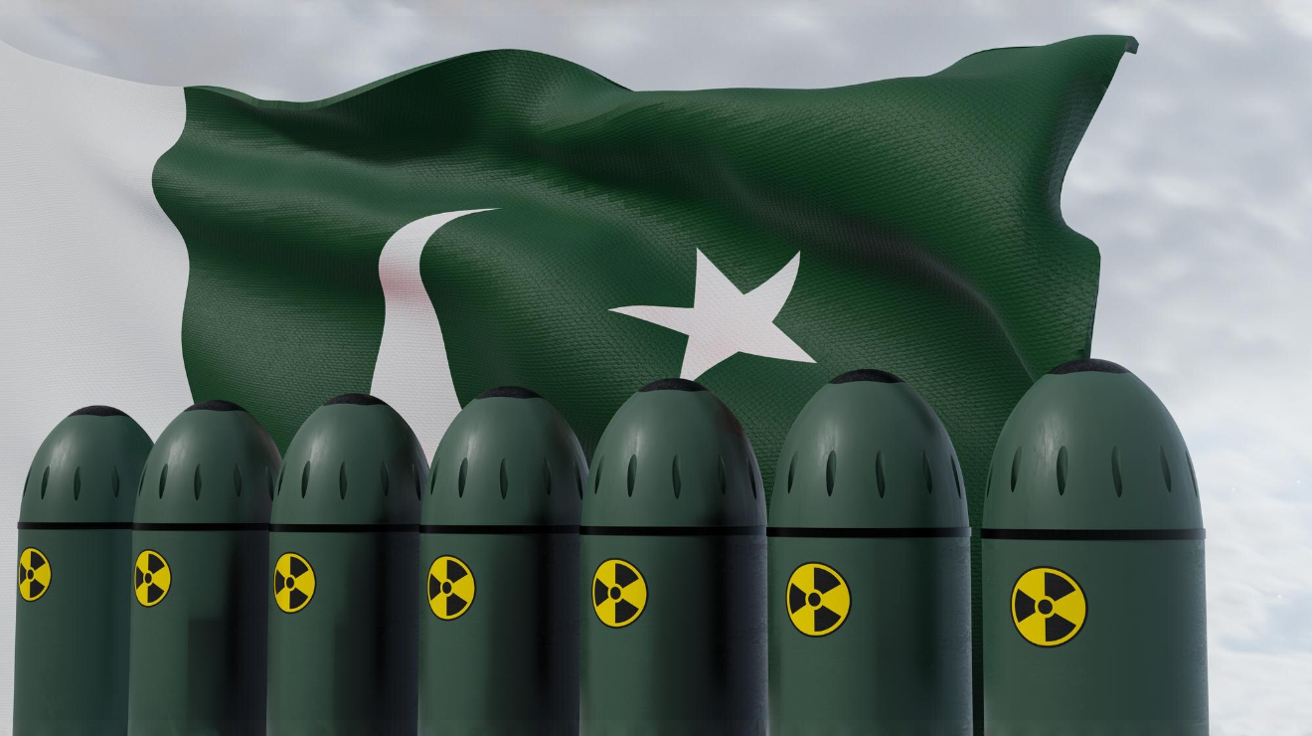Pakistan Marks 27 Years as a Nuclear Power With National Celebrations, Renewed Defiance
Pakistan on Wednesday marked the 27th anniversary of its entry into the world’s nuclear club with a national holiday, commemorating the May 28, 1998 tests that made it the seventh country—and the first Muslim-majority nation—to successfully conduct nuclear detonations.
Public offices, schools, and businesses across the country shut down in observance of Youm-e-Takbeer, or the “Day of Greatness,” as officials honored the scientists, engineers, and leaders who helped make the country’s nuclear program a reality. The five nuclear tests, conducted in the Chaghi hills of Balochistan, were carried out in direct response to India’s nuclear tests earlier that month, and were widely seen as a demonstration of national sovereignty and military deterrence.
Give the gift of hope
We practice what we preach:
accurate, fearless journalism. But we can't do it alone.
- On the ground in Gaza, Syria, Israel, Egypt, Pakistan, and more
- Our program trained more than 100 journalists
- Calling out fake news and reporting real facts
- On the ground in Gaza, Syria, Israel, Egypt, Pakistan, and more
- Our program trained more than 100 journalists
- Calling out fake news and reporting real facts
Join us.
Support The Media Line. Save democracy.
In televised speeches and official statements, President Asif Ali Zardari, Prime Minister Shehbaz Sharif, and Pakistan’s top military leadership lauded the strategic milestone as a product of scientific ingenuity and national resolve. Sharif described the day as a symbol of “unwavering commitment to national security and peace through strength,” while also invoking Pakistan’s more recent military response to Indian airstrikes.
Earlier this month, rising tensions between the two nuclear-armed neighbors flared into a brief military confrontation. After a deadly attack in Indian-administered Kashmir, India launched missile strikes into Pakistani territory on May 7. Pakistan retaliated by downing several Indian fighter jets, including three French-made Rafales. India has not officially confirmed the losses, though its air force chief later acknowledged, “losses are a part of combat.” Hostilities subsided only after the United States brokered a ceasefire on May 10.
Throughout Wednesday, media outlets aired documentaries recounting the lead-up to Pakistan’s nuclear breakout, and ceremonies paid tribute to key figures such as the late Dr. Abdul Qadeer Khan and former Prime Minister Zulfiqar Ali Bhutto.
Prime Minister Sharif emphasized that Pakistan’s nuclear program was built not out of aggression, but out of necessity. “The nation made tremendous sacrifices to develop our nuclear defense. It was their faith and determination that made history,” he said.



